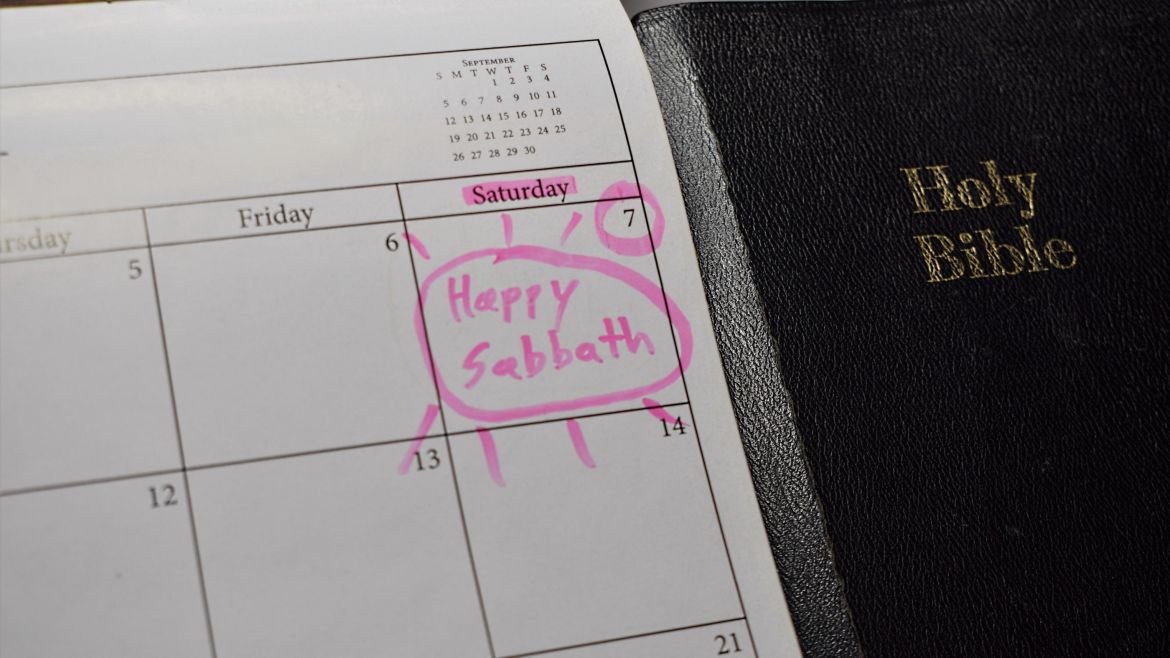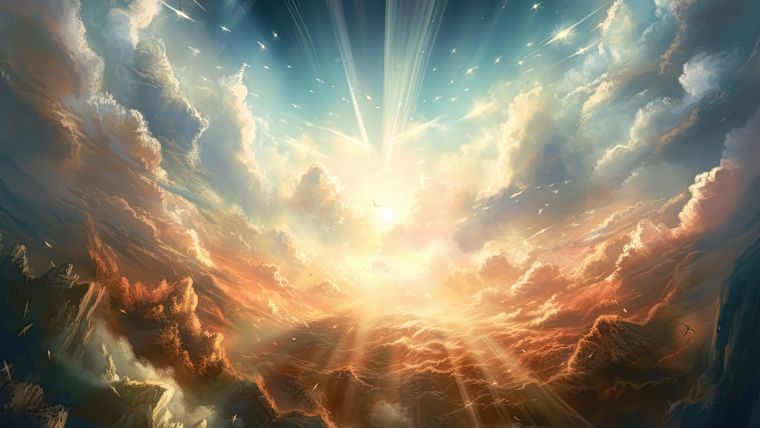A student asked us: ‘What evidence is there to prove what day is the beginning of the week. How do we know that Saturday is the Sabbath. These questions always bother me.’ (K Potter)
Answer given by pastor Christian Salcianu,
17th October 2023, Watford
As I went through these questions at the time of my own quest, especially in trying to find out which day is the Sabbath, let me share with you some (five) points of clarity:
Number one
In the Bible the days are not named, they are only numbered. You can open the book of Genesis, first chapter, and find there ‘the first day’, ‘the second day’. That is precisely how the people of God saw and counted it in the Bible. The names we have today are just a legacy from the Greek-Roman world, where each day was associated to a cosmic body / patron / god (Sun, Moon, Mars, Jupiter etc.)
So, from the Bible’s point of view, the beginning of a week is . . . its first day. I know it sounds circular, but bear with me.
Number two
A week was the sum of seven days as it is today. And the seventh day of that week was called Sabbath (which means ‘ceasing’, ‘refraining from’… work). This is the only day in a week that has a name in the Bible. Call it ‘the seventh day’ or call it ‘Sabbath’ and it is the same. It was so important for God’s people that the Creator placed it in the Ten Commandments — see for yourself the 4th commandment.
I say, if it was so important, don’t you think they knew exactly which day it was? Accordingly, for now, if the Sabbath is the seventh day and the final one of a week, then the week starts with whichever day follows the Sabbath. Still with me?
Number three
You can look at two logical arguments for ‘which day’? They are taken from culture and history.
First of all, the Jewish people always observed the Sabbath on the seventh day of the week, that is, on Saturday. There is no question about it, and plenty of proof. If you want to read a good book about their perspective, please look for The Sabbath (you will learn a lot about the seventh day of the week). Even today, and during their entire history, they knew Sabbath = the 7th day = Saturday.
So, if one will ask, Which day is the Sabbath? They will unequivocally say: Saturday. It follows that the first day of the week is what we call Sunday (the one following Saturday).
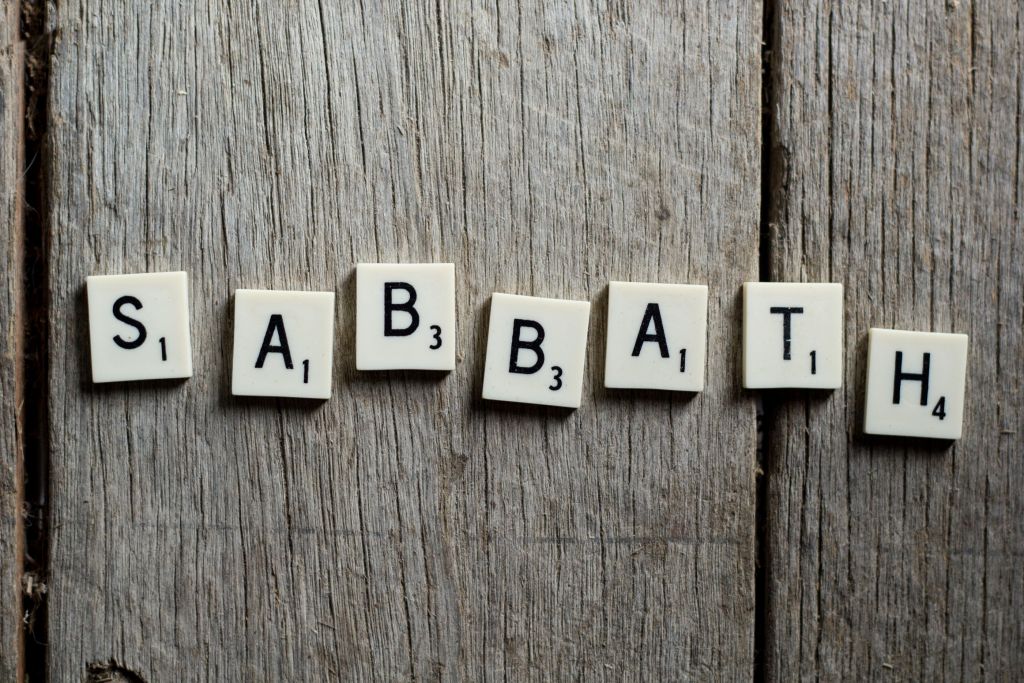
Number four
The second argument is that in our world it is also unequivocally confirmed that the first day of the week is (what we call) Sunday. This, again, has been observed and reported since before Antiquity.
Now, in different languages of the world the word for Wednesday is ‘middle’ (Russian, German, etc.). One could easily count a series of Sunday-Monday-Tuesday, then Middle (Wednesday), and then Thursday-Friday-Saturday. Of course, other social conventions influence it. We call it ‘weekend’ from Friday to Sunday, thus associating the end of the week with Sunday. And yet, on many planners/calendars, watches etc. the first day of the week is still Sunday. You go to Israel and the working week really starts on Sunday, with a payslip on Friday etc.
We calculate ‘a year’ counting the days of our planet’s trip around the sun; for a month — the Moon orbiting around the Earth; for a day, well, it is the Earth rotating on its axis.
What about the week? What’s the standard for a week? (You should ask yourself this one, as well). There is nothing around us calling for a 7 day cycle. Nothing apart from the Bible.
Well, we can say it is a social convention. But why not having only 5 days (as they tried it in Russia)? Or extend it to 10 days? (as they tried it in France). Needless to say, both efforts didn’t turn out good. It remained a week of seven days. For me this is proof of the Bible’s legacy in the society and the world.
And my point is that even the pagans (not Jews, that is) adhered to a seven-day cycle called week. Why is it important? Because while for the Jews the last day of the week was the most important, for the pagans the order was different. They associated the first day of the week, the beginning of creation etc., with their most important god. Which was the Sun. Accordingly, we have the Sun-day. And that is well known in many languages and cultures around the world.
It is easy to see that all the world observes a cycle called a week, and they mark its beginning with a day dedicated to the most high god (in their religion), which is the Sun — Sunday; and others mark its end with a day dedicated to the Bible’s Creator God, which is Sabbath — (we call it Saturday as the ancients dedicated it to Saturn).
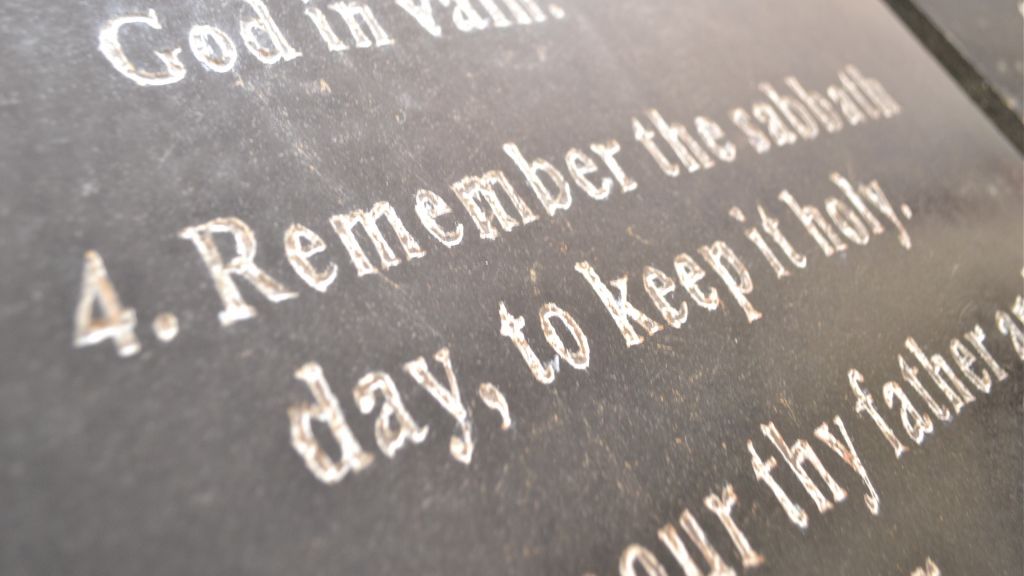
Number five
When I first read the Ten Commandments (book of Exodus, chapter 20) and I discovered the Sabbath day, I saw the connection with Genesis 1—2. One keeps the Sabbath as a memorial of God’s creation in Genesis.
But which day is the Sabbath — Saturday or Sunday? It was only by reading the report on Jesus’ death and resurrection (the Gospels, that is) that I started connecting the dots. At the end of each of the gospels (Matthew, Mark, Luke and John) the final chapter that deals with Jesus’ crucifixion will tell you that:
(1) He died on the day of Preparation (preparation for the Sabbath) — our Friday,
(2) He rested in the tomb on the Sabbath — our Saturday
(3) He raised from the dead on . . . the first day of the week.
All four gospels say that verbatim.
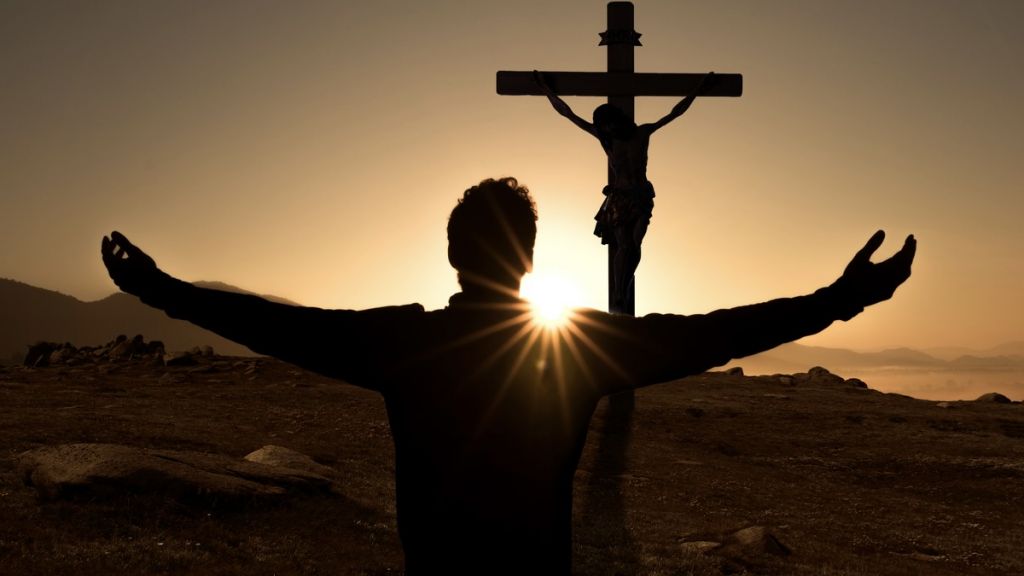
Look up:
Matthew 28:1
‘After the Sabbath, at dawn on the first day of the week . . . ’
Mark 16:1-2
‘When the Sabbath was over . . . very early on the first day of the week . . .’
Luke 24:1
‘On the first day of the week, very early in the morning . .’
John 20:1
‘Early on the first day of the week . . .’
In the 4th century there was a move by the church and state to overlap the most important day of worship of the pagans (their Sunday) with the day of resurrection that Christians emphasised. You can find a decree from Constantine the Great who imposed what is known as the first ‘Sunday law’. On that day both the Christians and the pagans worshipped… their gods. Accordingly, the Biblical Saturday Sabbath lost prominence and the ‘converted’ pagans started celebrating Sunday as their day, some worshipping Jesus as resurrected on that day, others worshipping their Sun still, while others overlapped the two. (If you are interested to know more, please read When God said Remember.)
Conclusion
Based on all of the above (historical references, social conventions and Bible arguments), I would concisely say:
- Friday is the 6th day of the week.
- Saturday is the 7th day of the week, also called Sabbath.
- Sunday is the 1st day of the week.
I worship on the Sabbath day, on Saturday, just as Jesus and His apostles did, just as the patriarchs did. That was my experience when reading the Bible and thus is how I became a Seventh-day Adventist Christian.



